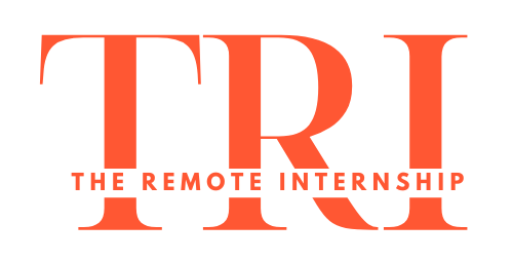Every day we hear personal experiences of the ideals of an interview, a resume and how to emerge successful from a selection process. But is it really true that this process is such a protocol and delicate experience?

Getting started in the world of work means preparing for the selection processes carried out by recruiters or Human Resources departments of a company. This cycle commonly involves two or three filters, including resume review, psychotechnical testing, and interviewing. Other charges may require language-related testing or specific knowledge.
Although there is no absolute rule to advance a selection process, former applicants and current employees create myths, confusion and beliefs that derive from their own experience and that in the end predispose those who are about to face the labor market. Therefore, consulted the expert Claudia Rojas, psychologist and job transition coach, to deny some of the most common perceptions around this process.
“The curriculum has to be one page, otherwise they won’t even read it”. This is one of the first tips that are usually heard. Getting a recruiter’s attention through a resume doesn’t mean the applicant should “pile up” or omit information from their resume; Everything consists of taking advantage of the space with relevant and concrete information. “It is important that a resume is summarized and impactful, two sheets, maximum three. It is necessary that a person can express in a summarized curriculum what is their experience, their training and their achievements in their work career, “advises Rojas.
Now, in case you are called for an interview, is it true that the recruiter has completely read your resume and knows you perfectly? Rojas points out that, although the recruiter “does read the resume and according to it raises hypotheses where he will prefer to deepen or emphasize, it does not mean that he knows the candidate perfectly. That’s what the interview is for.”
Does a good ‘lever’ have more strength than a good resume?
Many people are convinced that the “thread” is decisive to get a job. It is true that “if the person has a contact in the company who can support him or can refer him, that is not enough. But if you do not meet the profile or do not pass the tests, it will not be taken into account. A good resume, experience and skills are what ultimately define the decision,” says Claudia Rojas, an expert in job transition and psychologist at the Pontificia Javeriana University in Cali.
“It is not necessary to leave a tie or formal dress for the interview. The important thing is to investigate the dress code, and based on that information dress according to the organizational context. If it is a company that is based in a plant, the person will not go in a suit and tie. If you don’t have information about the code it’s better than about it and not missing” -Claudia Ximena Rojas, expert in labor transition
On the other hand, what is said about thepsychotechnical test? This tool allows you to identify skills and competencies, personal and work, allowing you to find a profile that best suits the requirements of the vacancy. Is it possible to cheat this test, preparing the answers beforehand?” No, the recommendation is to be relaxed and answer genuinely, as these tests have indicators that identify when a person has tampered with the test. It is better to be honest and answer calmly, “denies Rojas, who has more than 14 years of experience in the subject.
And regarding the interview, you may hear that if you didnot last long you did badlyor that itis true that the same questions are asked to all candidates. How true are those claims? “The idea is that the candidate can engage that recruiter and that he can expose his entire career and his achievements. If the interview was short, it may mean that the recruiter has a more practical style and only wants to delve into certain points. And although there is a scheme of questions, where achievements and work experience are questioned, depending on the profile they will be different questions, taking into account the culture of the organization and the area to which the applicant would belong, “says Rojas.
Is it mandatory to dress formally or wear a tie for the interview?
Depends on. It is recommended to consult the dress code of the position to which you are applying, as well as the organizational context of the company. Although, “it is better than over missing,” concludes Rojas.
